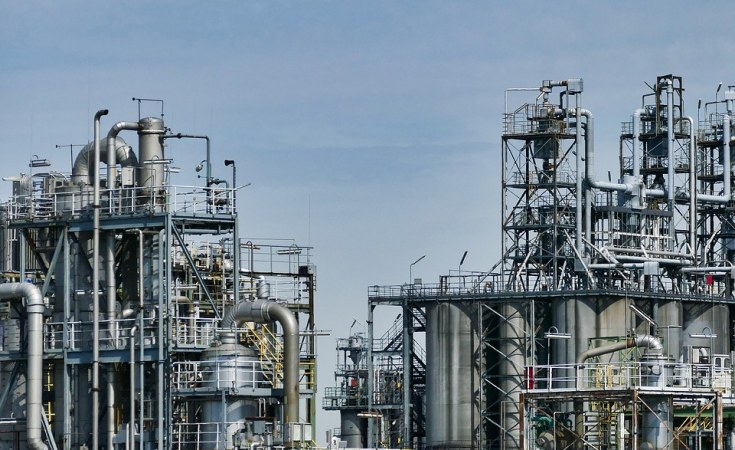Abuja, Nigeria — Experts said Tuesday that the Israeli-Hamas conflict could lead to Nigerians struggling to pay for fuel despite a surge in global oil prices that could help the nation's crude industry.
A global increase in oil prices would bring more revenue from sales of crude, they said, but at the same time, the country's lack of refining capacity would drive up the consumer cost of fuel.
The Middle East accounts for about one-third of global oil production.
Emmanuel Afimia, founder of Lagos-based consulting firm Enermics, said Nigerians would feel the pain of any price increase because the government recently stopped subsidizing the cost of fuel.
"If there's supply disruption in the finished product, it will be felt here in Nigeria in the domestic market because ... subsidy has been removed, and it's the market forces that are now determining the price of petroleum products," Afimia said.
"Nigeria needs to prepare itself for a potential surge in domestic price of petroleum products," she said.
Israel and the Palestinians are not major oil producers, but global oil prices increased by 4% on Monday -- an early sign that prices could surge further, experts said.
In theory, an increase in oil prices could benefit Nigeria, one of Africa's top producers of crude.
However, Nigeria does not refine its crude oil locally and depends on imports to meet its fuel needs, Afimia said.
"For every war or crisis, there's usually a surge in demand for crude oil," she said. "Once the price of crude oil increases, Nigeria has the potential of generating more revenue from the sale of crude oil.
"On the flip side is the petroleum products," she said. "Nigeria is import dependent, and so once there's a surge as well in the price of petroleum products, then it will automatically affect Nigeria because the price of petroleum products will increase in the domestic market."
Months ago, Nigerian authorities deregulated the petroleum industry to allow private sector players to import fuel. The idea was part of economic reforms championed by Nigeria's President Bola Tinubu to wean Nigerians off fuel subsidies.
But on Monday, Nigeria's national oil company, NNPC Limited, said that lack of foreign exchange was inhibiting private dealers and that NNPC was again the only importer of fuel.
Chukwudi Odoeme, founder of Obiama Africa Network for Development, a nonprofit group that draws attention to citizens' concerns, said, "What happens is that the citizens will be impoverished the more."
In August, Nigerian authorities pledged to restart four state oil refineries by the end of 2024.


